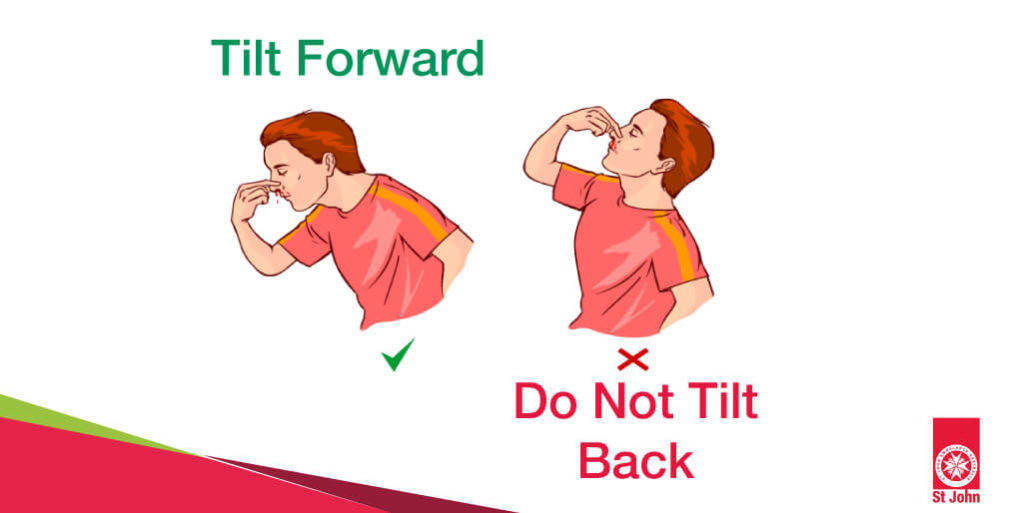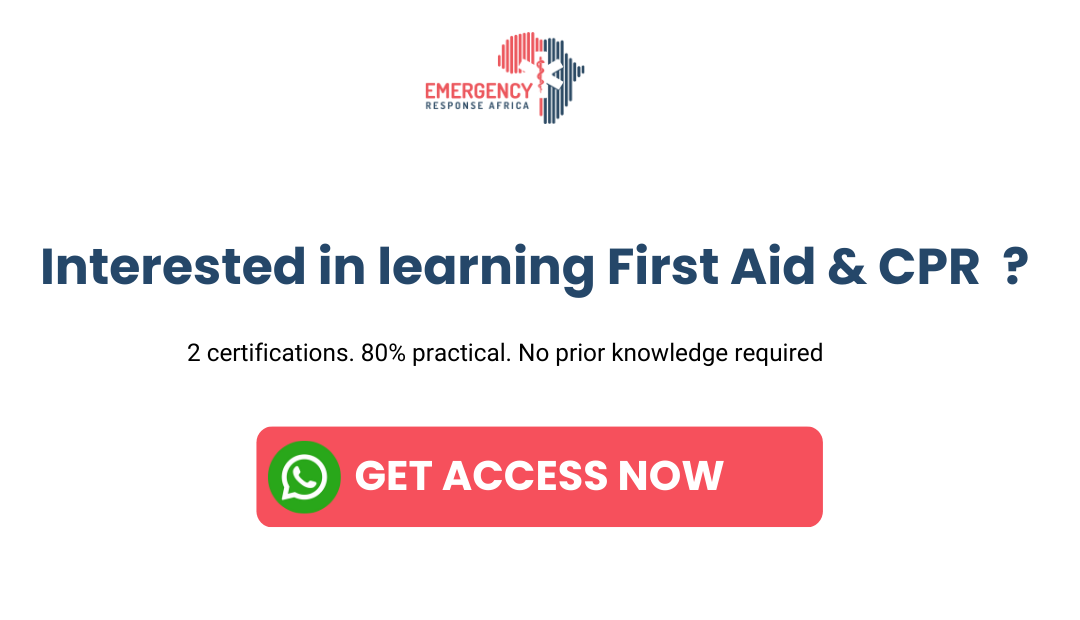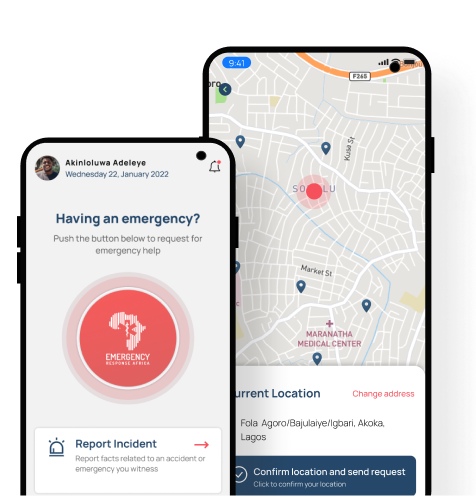A nose bleeding or nosebleed is a condition that frequently is harmless but annoying. It is called epistaxis; the slightest nose bleeding seems like much blood has been lost. Getting to the ENT specialist will be best if you get regular nosebleeds. You will learn to get hold of the situation if you ever experience nose bleeding.
What is a Nosebleed?
A nosebleed is a situation where the blood vessels in the mucous membrane of the nose experience a break. Various triggers usually cause it. For instance, picking the nose or getting a blow on the nose during a fight or home injury, putting a sharp object into the nose, dry air, cold atmosphere, past health records, or aging. In the case of a nosebleed, there is usually bleeding from one side of the nose or both parts.
Why Do Nosebleeds Occur?
Please make no mistake in thinking that nosebleeds are related to cerebral hemorrhage, that is, when blood is coming from the brain, or nosebleed is a hereditary sickness passed down through your genes; as earlier stated, it is harmless and happens as a result of either injury or trauma. In children and young adults, a blood vessel bleeds in front of the nasal septum, while for older people who are above 60, the bleeding occurs either above or behind the nose.
First Aid Treatment for Nosebleeds
A first aid kit is not necessary. In this case, what should be done is first to relax by sitting down, then you can slightly bow your head forward and pinch your nose gently close below your nasal bone above your nostril. Do it for 10 – 15 minutes. Now, breathe in slowly using your mouth.
Follow this helpful procedure when you get nose bleeding next, and it will stop.
- First, you should sit up straight and lean forward slightly, avoid panic, and breathe calmly from your mouth. It helps the blood move down the throat and inhale blood.
- Get a clean cloth to use to clean the blood.
- Place your thumb and index finger on either side of your nose. Do this just below where the top hard part transitions into the soft part of your nose.
- Then, pinch the top of your nose for 10 minutes and continue the process until the blood stops. Pay close attention to the time.
- This method will minimize the chances of discomfort and complications for the person.
We at ERA advise that if you are too anxious to go about the process yourself, you should get a friend or anyone to help you deal with the issue.
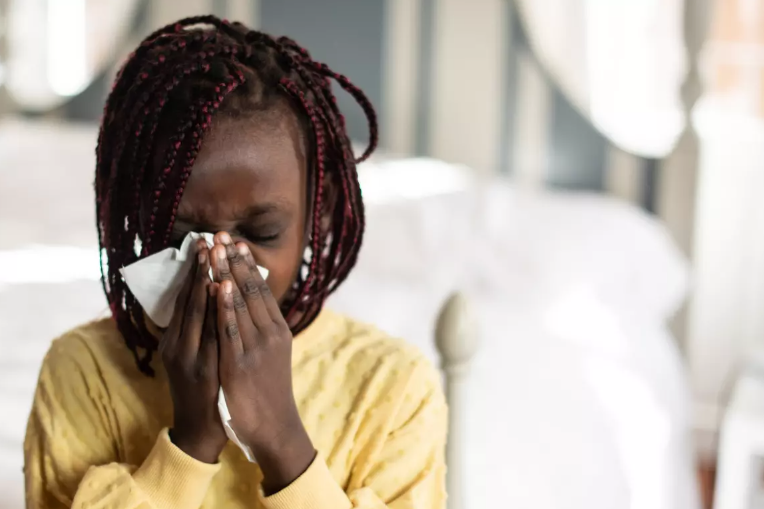
Make sure you don’t do this in case of nosebleeds
- When you are anxious, put yourself together, so it is best to stay calm.
- The blood pressure in the head is lowest when you sit down, so avoid lying down or standing when facing nosebleeds.
- Excitement or strain should be avoided, as it can raise blood pressure.
54% of deaths occurring in lower-middle-income countries are due to conditions that can be addressed by pre-hospital and emergency medical. ERA specializes in professional first aid and ambulance services, and we are here to help you avert any health complications and meet those emergencies.
RELATED SERVICE
When to Seek Medical Attention
According to the first principle, you do not need to see the doctor when you experience nose bleeding.
However, after you have done all the first aid procedures, there is still heavy bleeding, which calls for medical intervention. You should request an ambulance service to rush the patient to see the doctor.
Other reasons you need why you need medical attention;
-
- If the nose bleeding continues for longer than 30 minutes
- When the person whose nose bleeds is feeling like fainting or lightheaded
- If the nosebleeds happened due to a fall or injury towards the head region, it could mean the nose broke, and you need to see the ENT specialist.
- In a case where the patient uses blood thinning medications
Common Causes of Nosebleeds
The causes of a nosebleed can be:
- Injury from an accident, nose picking, or cold that damaged the nasal mucosa.
- Older adults with a history of high blood pressure.
- Using nasal steroids like cocaine or any form of illegal drugs, medications that disturb blood clotting.
Physical Causes
- Engaging in a fight that causes a punch in your nose can cause bleeding.
- Blowing your nose more often than usual will allow it to bleed.
- Smoke is a significant cause of cancer and damages the organs in the body. Exposure to its fumes causes nose bleeding.
- Exposure to Chemo and radiation therapy makes bleeding familiar and reduces the chances of blood clotting.
Underlying Health Issues
- Frequent nose bleeding can result from liver disease or kidney failure, which causes an interference with blood clotting.
- Cells that are not common or connected to the blood vessel getting into the body via an infection cause disruption of the local tissues and blood vessels.
- Allergies or infections triggered by inflammations damage blood vessels in the nose.
READ MORE
Home Remedies to Prevent Nosebleeds
The following advice applies to you if you have had a nosebleed and want to prevent it from happening again or if you have not experienced it before and do not want to.
- Regulate your intake of spicy meals and hot drinks
- Picking your nose triggers nose bleeding, so stop it
- If you can always use warm water, take a hot shower or bath only when necessary.
- When you bend over or press hard on your nose, there is a huge tendency to get nosebleeds.
- Blowing the nose should not be done with hardness, and you should not do it frequently.
- Opening your mouth when you sneeze puts pressure on your nasal region, and it can lead to a nosebleed, so avoid it.
- Stay away from irritant or dry nasal medications.
Hydration and Humidity
The climate you find yourself in affects your nasal health; a hot and low-humidity climate allows for the air to be dry in the atmosphere. Such an environment causes the nasal membrane, the tissue inside your nose, to dry out and make your nose dry. It makes the nose bleed when picked or punctured easily.
Proper Nose Care
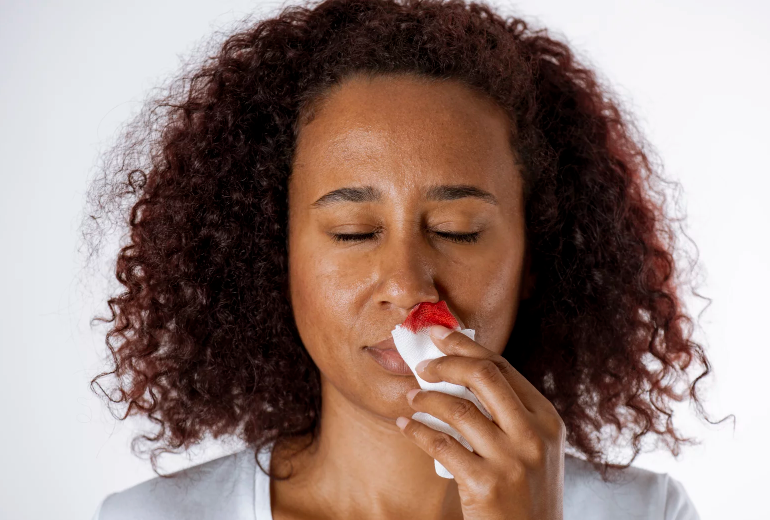
The nose is an essential body part that powers our lives, so properly caring for it is vital. Summer allows many people to spend more time in air-conditioned rooms, but we fail to realize that while staying cool and away from the heat is good, this act allows our noses to dry. Similarly, staying around construction sites can lead to particles entering your nose, which usually leads to irritation.
Awareness of these factors will give you perspective on preventing and protecting your nose.
- Keep the nose moisturized by using nasal spray. It is designed like natural fluid to maintain balance in your nose.
- Like most parts of your body, the mucous membrane is kept in order by simply being hydrated and drinking lots of water.
- Make sure your house is humid in temperature. You can get a humidifier to ensure that and keep the dryness caused by the air-conditioner at bay
- Stay away from the stuff that irritates you, like dust and smoke, and if possible, if you can help being in such an environment, put on a nose mask to help prevent you from reacting to it.
- Ensure you gently rub your nose; it is a healthy practice and will help you avoid nosebleeds.
Myth vs. Fact about Nosebleeds
Myth – Tilting your head will stop the nose from bleeding
Fact – Tilting your head can lead to blood flowing down your throat, causing nausea or choking. It is best to lean slightly forward.
Myth – Placing objects in the nose stop the bleeding
Fact – Doing this can cause further injury and lead to more bleeding. Pinching the nose is the recommended method.
Myth – Blowing up the nose helps stop the bleeding
Fact – Blowing the nose can disrupt the clotting process and lead to rebleeding. It is best to avoid blowing or picking the nose for several hours.
Questions about Nosebleeding
Do you have any questions after reading the information? Please note them down. Speaking to one of our experienced first aid professionals at ERA can be helpful if you need an ambulance to take you to the hospital nearest to you promptly. Nosebleeds are a minor challenge but could lead to a severe issue when not acted upon immediately.

